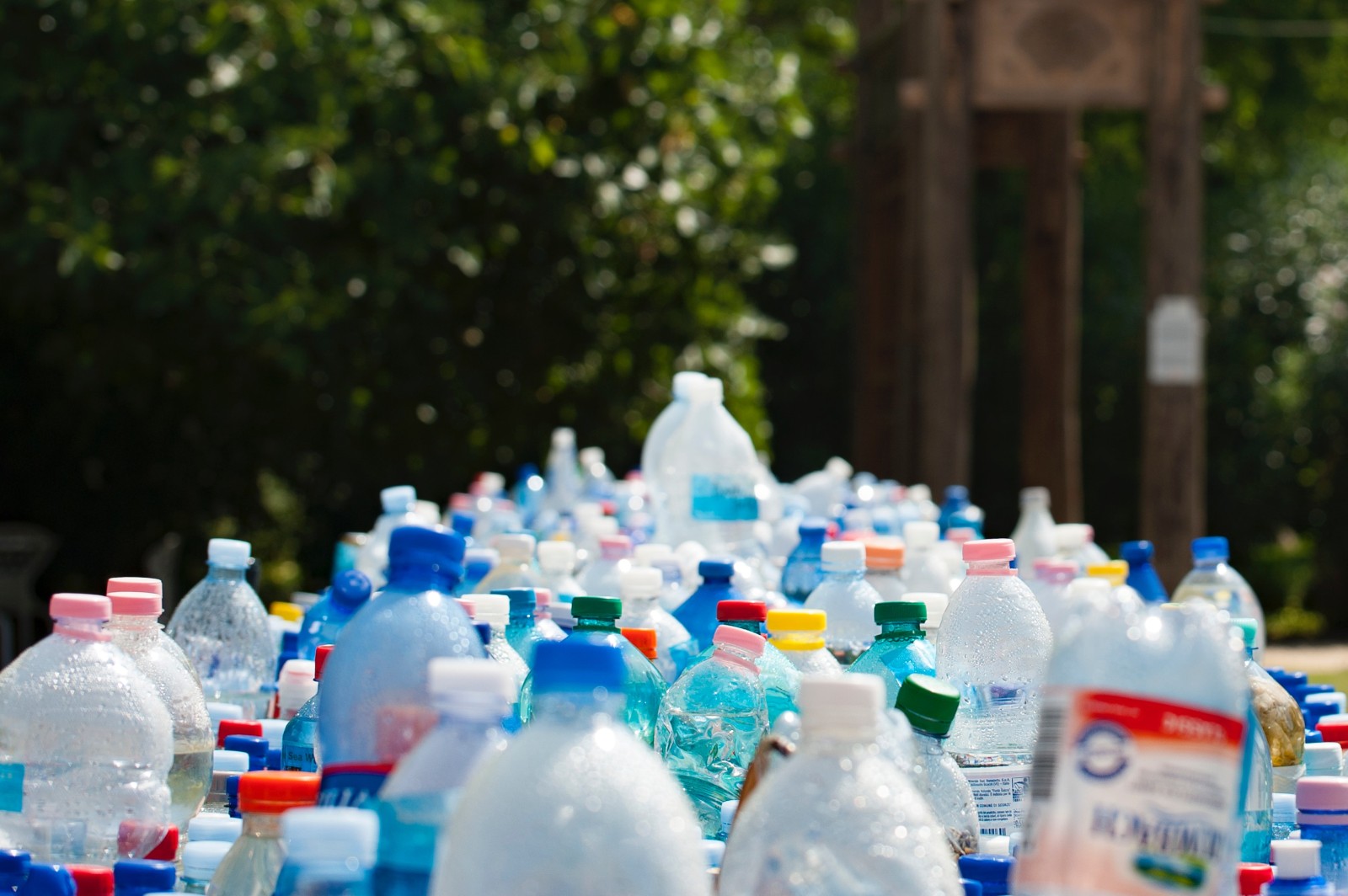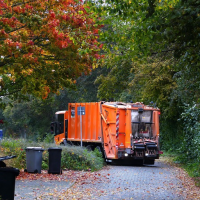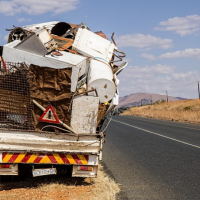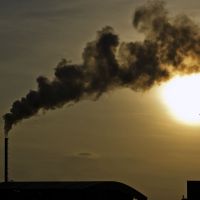EU plans to scrap laws on clean air and waste recycling
Ez is érdekelhet

Killing draft laws designed to prevent 58,000 premature deaths and increase recycling would be economic suicide, say MEPs.
EU plans to tackle air pollution that causes tens of thousands of premature deaths and make countries recycle more of their rubbish are to be scrapped, according to leaked documents.
At risk are a clean air directive designed to reduce the health impacts from air pollution caused by vehicles, industry and power plants, and a waste directive that would set states the target of recycling 70% of waste by 2030.
In a bid to prevent leaks, the EU’s powerful vice-president Frans Timmermans presented paper versions of the work plan proposals to the bloc’s commissioners on Wednesday, which were then collected afterwards, but copies have been seen by the Guardian.
No final decision will be taken until another commissioners’ meeting before the plan’s launch next Tuesday. The EU president, Jean-Claude Juncker, will be keenly gauging reactions to today’s leak in the European parliament, where cross-party support for the proposals is strong.
“If these packages really have been withdrawn, we would object in the strongest possible terms,” the British Conservative MEP Julie Girling told the Guardian. “Mr Juncker has chosen the wrong targets. The air quality directive really is a good package of legislation intended to improve the air that we all breathe.”
“It is clear that Timmermans wants to kill the packages but we still have a week left to organise maximum pressure and ensure that stupid decisions are not taken,” the Green MEP Claude Turmes said. “Worse health through air pollution and more resource-dependency would be economic suicide.”
The draft communication divides legislative proposals into three groups – new initiatives, plans needing adjustment, and proposals to be withdrawn.
One of those to be withdrawn is an ambitious circular economy directive which would phase out landfill dumping by 2025 and, by 2030, oblige EU states to recycle or reuse 70% of their waste, 80% of their product packaging, 90% of their paper (by 2025), with similar goals for plastics, wood, glass and metals.
The package would be withdrawn because the commission sees “no foreseeable agreement” with EU states that have poor recycling records and would need financial assistance to meet targets.
Another victim of the legislative cull is a flagship clean air directive intended to prevent 58,000 premature deaths – and many more respiratory illnesses – as well as saving hundreds of thousands of kilometres of forests, wildlife reserves and ecosystems from nitrogen pollution and acidification.
But this proposal would be withdrawn and modified as part of a follow-up to the 2030 Climate and Energy package.
“The EU should be cutting red tape, not cutting life expectancy,” said the Liberal Democrat MEP Catherine Bearder. “Thousands of people in die prematurely each year from diseases caused by air pollution. To withdraw this proposal would send a message that the new commission puts the interests of big business ahead of the health of European citizens.”
Ministers from 11 EU states including Germany and France urged the commission to keep the two packages which, they said, had a “fundamental importance” that “far outreached the environmental sphere”.
A British submission to the waste review in 2013 cited “insufficient evidence” to support a new waste package, calling for “reducing regulatory burdens for business” instead. “The European commission should find ways to help member states implement existing targets before setting new targets,” the paper said.
In private, the UK’s position has been less strident, according to Girling, and sources say that the UK supported some package objectives, despite reservations about their binding elements.
Asked about a European court of justice case against the UK for breaching air pollution limits earlier this year, energy secretary Ed Davey said: “I welcome the EU’s air quality standards. Britain should meet them and our policies on air pollution should be ambitious.”
He said modern day air pollution is very damaging to the health of children and the elderly. “It is invisible but just as damaging as the smogs in 1950’s London. It is one of our biggest health challenges – second only to smoking – and bigger than road traffic accidents and obesity and alcohol. It is a real issue that we need to take seriously, and because there is a lot of overlap with the measures you need to to tackle climate change you can do it a lot more cost effectively than people think.”
But the UK’s deregulation and subsidiarity agenda seems to have been an inspiration for parts of the work plan.
European citizens “want less EU interference in areas where member states are better equipped to give the right response,” the draft says.
“That is why we will focus on the ‘big things’ like jobs and growth,” it continues. “We will not present proposals that do not contribute to these priorities. And we will apply political discontinuity and take off the table proposals that do not match our objectives.”
The new environment commissioner, Karmenu Vella has previously said that he will not allow the packages to be curtailed, and his intervention is thought to have scuppered attempts by Timmermans to bin aproposal to cut plastic bag use last month.
The commission’s own estimates say that the air quality package would save €40bn (£31bn) to €140bn (£110bn) across the continent annually, while the circular economy law would generate net savings of €600bn. Between them, the two packages are predicted to create 280,000 new jobs.
“This communication is sending a signal that they don’t believe the commission’s own impact assessment, as that was clear that benefits of the circular economy package are 12 times the costs,” one EU official said. “They talk about growth and jobs but the only sector growing and creating jobs in the last few years has been the green sector.”
Source: The Guardian







